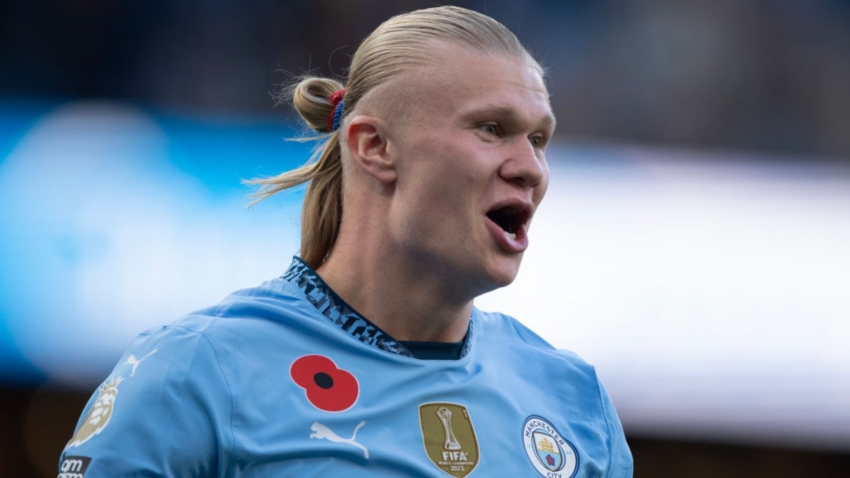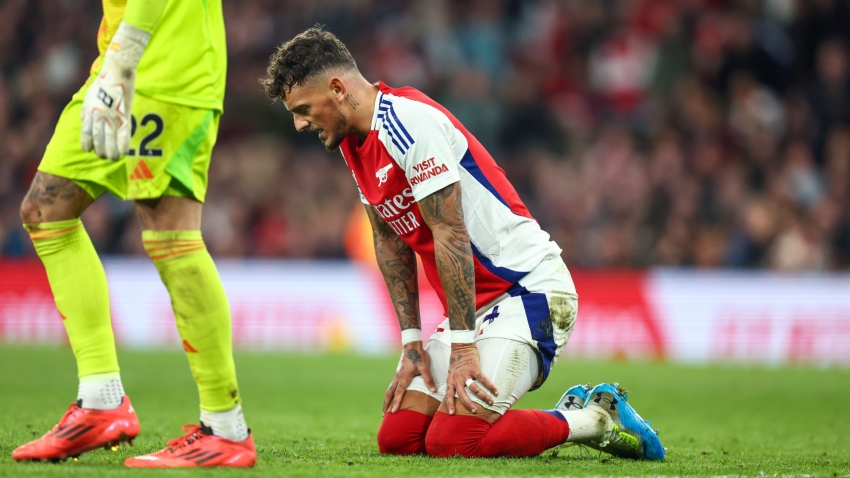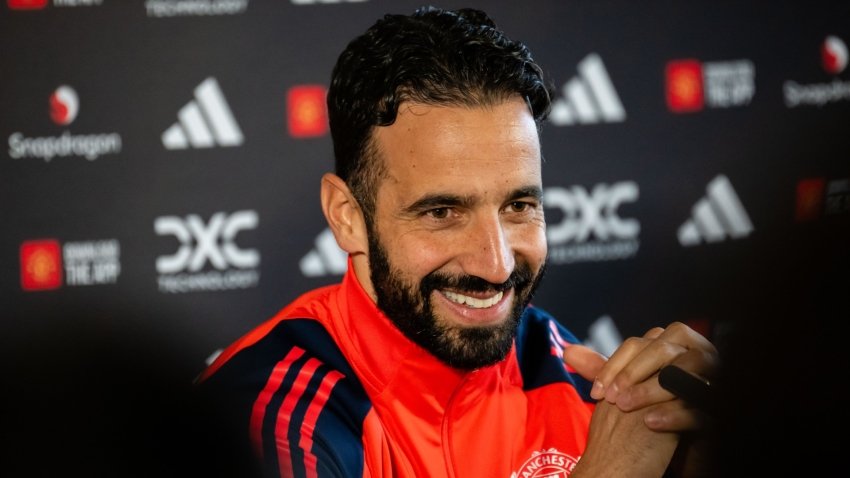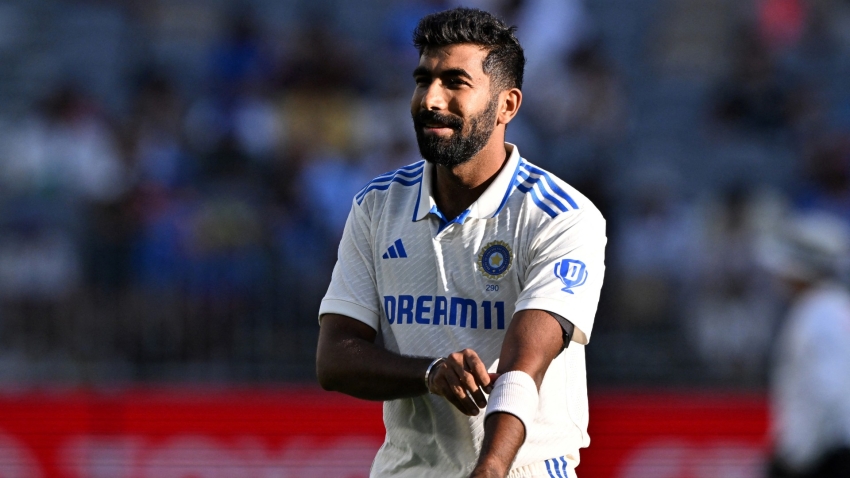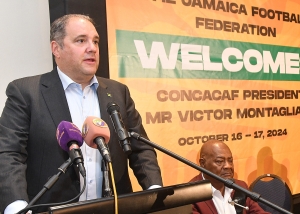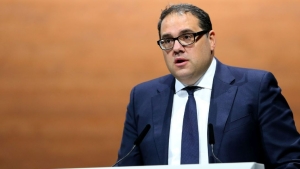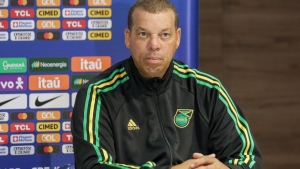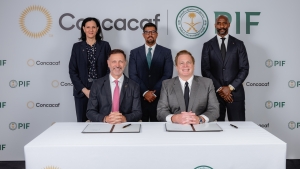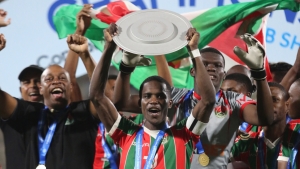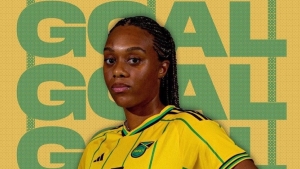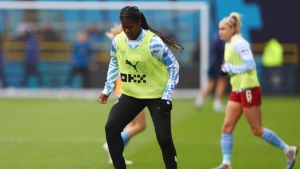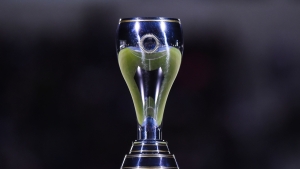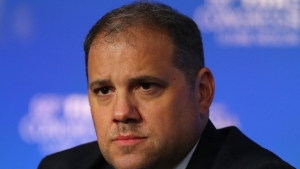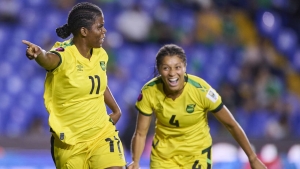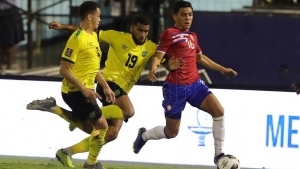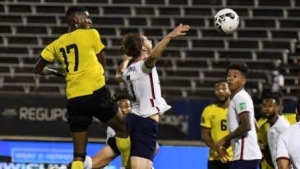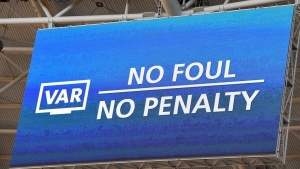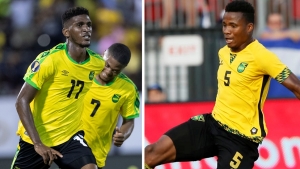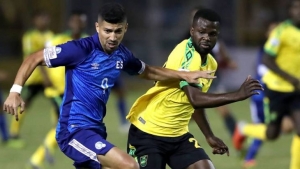Stand-in captain Allyson Swaby scored Jamaica’s first goal of the 2023 Fifa Women’s World Cup and second ever at the global showpiece, as the Reggae Girlz secured an historic win with a 1-0 scoreline over Concacaf rivals Panama at Perth Rectangular Stadium in Australia on Saturday.
Swaby’s all-important strike, her second ever for the Reggae Girlz, came in the 56th minute of a lively encounter, which the Jamaicans expectedly dominated for the most part.
In fact, the Girlz could have won by a wider margin, as they were fluent in their buildups and produced a few colourful plays in patches, however, a combination of faulty shooting, poor decision-making and some good glove work by Yenith Bailey in goal for Panama, denied them.
Swaby, who along with her younger sister Chantelle was the heart of Jamaica’s defence, was almost emotional about the entire outcome.
The win pushed the Girlz up to four points in Group, same as leaders France, who earlier defeated Brazil 2-1. The Brazilians, who entered the match day on top with three points, have been relegated to third and will lock horns with Jamaica in what will be a decisive contest on August 2.
“This is something that you dream about when you play in a World Cup and I am so happy that I could do it and be the difference maker today,” she said in a post-game interview.
“They (Panama) played really well, that was definitely the hardest match we have played against them and its exciting because it means that Concacaf is growing, and this tournament is just showing that.
“But the win is huge, it keeps our dream of getting out of this group alive and we know we have one more game to fight through and we are just happy to be in a position to compete in this group,” she added.
Given the absence of talismanic captain Khadija “Bunny” Shaw, Head coach Lorne Donaldson made three changes, as Tiffany Cameron came in at right back, while Kayla McKenna and Trudi Carter joined Jody Brown in the three-pronged attack.
With Panama playing a defensive 5-4-1 formation, the 43rd-ranked Reggae Girlz were expected to rely on their pace and athleticism down the channels to possibly breakdown the backline.
After Panama fired the first warning shot in the fifth minute, the Reggae Girlz settled into their game and offered a quick response when Atlanta Primus’ pass over the top found Cameron, whose left-footed shot after a brief melee, went wide of the right upright.
The Girlz again went close when Drew Spence sent McKenna on her way and the former Rangers forward played a weighted pass across the six-yard box for the arriving Carter, whose effort was deflected wide.
The resulting corner floated in by Carter also presented another opportunity, but a left-footed effort by Primus was blocked by a defender.
As they continued to apply consistent pressure, the Girlz created a few more half chances, two of which came in quick succession, as Spence fired a 33rd-minute effort into the sidnetting, and two minutes later Vyan Sampson’s shot from a distance was well saved by Bailey diving full stretch to her left.
Panama was not without hope, as they tried to play their game and were almost gifted a goal through some sloppy defending, fortunately for the Jamaicans Marta Cox’s effort from deep inside the 18-yard box, lacked any real pace to beat Rebecca Spencer.
Much like they started the half, the Jamaicans also ended on a high but still without the breakthrough, as Spence’s well-taken free kick from just over 20 yards out, was tipped unto the crossbar and by Bailey, who ensured it remained goalless at the break.
Though absorbing some pressure at the top of the resumption, the Girlz later asserted their authority and again went close when Carter’s effort deflected wide by a defender.
The resulting corner again taken by Carter was expertly met and headed in by captain Swaby, giving Bailey no chance at a save.
Jamaica should have doubled the lead a minute past the hour mark, when Brown played a delightful through-pass to McKenna, who dismissed the advancing Bailey. But the striker sporting the number 22 jersey had a heavy first touch that pushed her too wide to get a shot off.
After pressing and probing, the Jamaicans thought they would have inevitably got a second from the penalty spot when Spence’s shot from outside the 18-yard box was handled inside the red zone. However, the decision to award the 12-yard kick was overturned by Ukrainian referee Kateryna Monzul on a VAR review in time added.
Teams: Jamaica –Rebecca Spencer, Vyan Sampson, Allyson Swaby, Chantelle Swaby, Deneisha Blackwood, Atlanta Primus (Peyton McNamara 87th), Trudi Carter (Cheyna Matthews 65th), Drew Spence, Tiffany Cameron (Tiernny Wiltshire 87th), Jody Brown (Solai Washington 80th), Kayla McKenna (Kameron Simmonds 80th)
Subs not used: Sydney Schneider, Liya Brooks, Konya Plummer, Havana Solaun, Kalyssa Van Zanten, Paige Bailey-Gayle,
Booked: Blackwood (31st)
Panama –Yenith Bailey, Wendy Natis, Katherine Castillo, Yomira Pinzon, Deysire Salazar (Aldrith Quintero 46th), Emily Cedeno, Schiandra Gonzalez (Carmen Montenegro 78th), Marta Cox, Riley Tanner, Lineth Cedeno (Karla Riley 64th), Carina Baltrip-Reyes (Hilary Jaen 87th)
Subs not used: Farissa Cordoba, Sasha Fabrega, Nicole De Obaldia, Erik Hernandez, Laurie Batista, Rebeca Espinosa, Rosario Vargas, Natalia Mills,
Booked: E Cedeno (13th), Salazar (18th)
Referee: Kateryna Monzul (UKR)
Assistant referees: Maryna Striletska (UKR); Paulina Baranowska (POL)
Fourth official: Akhona Makalima (RSA)









